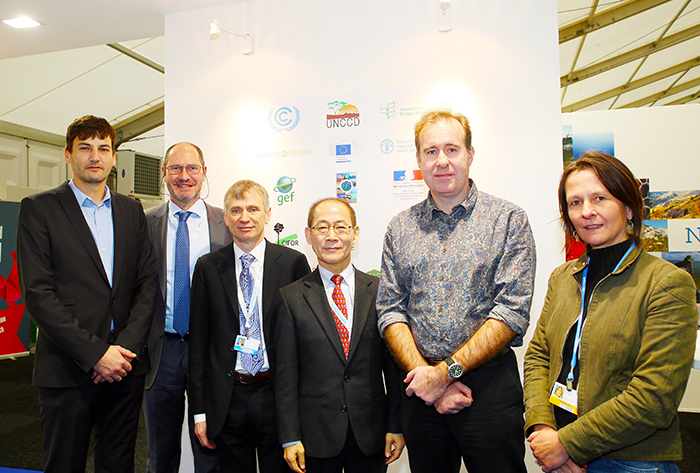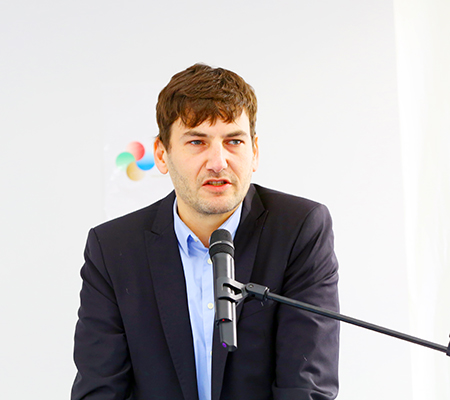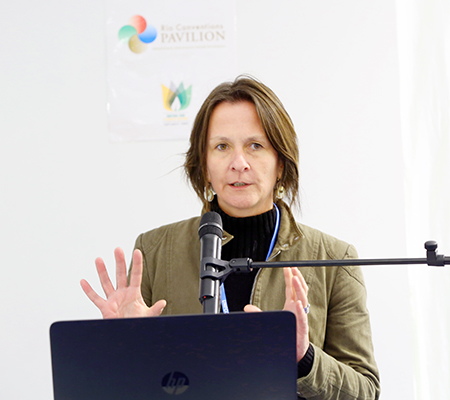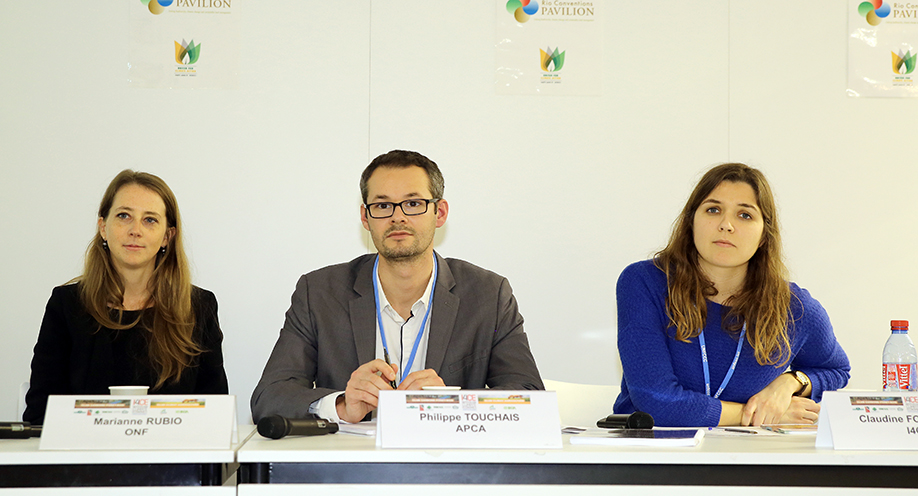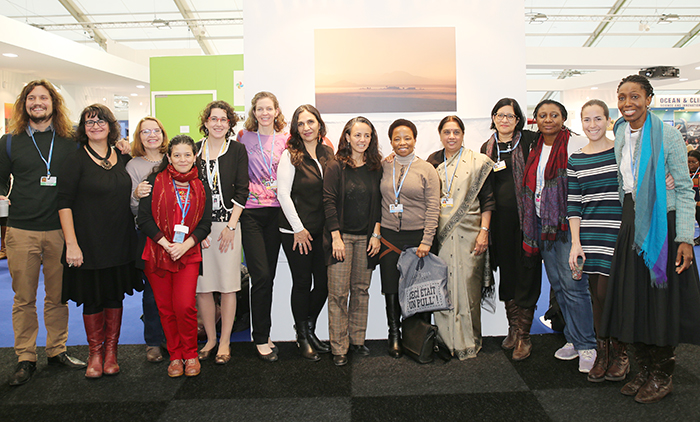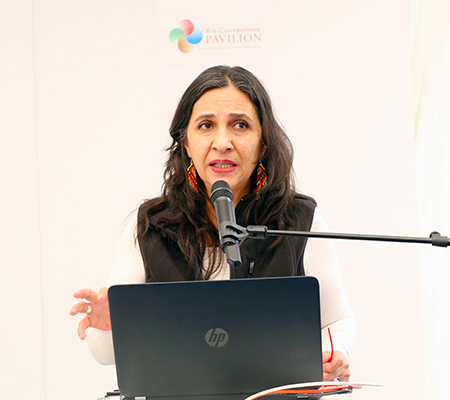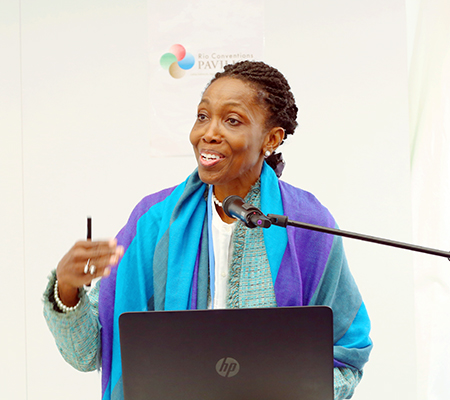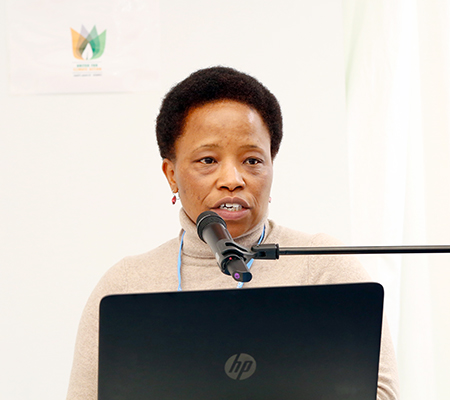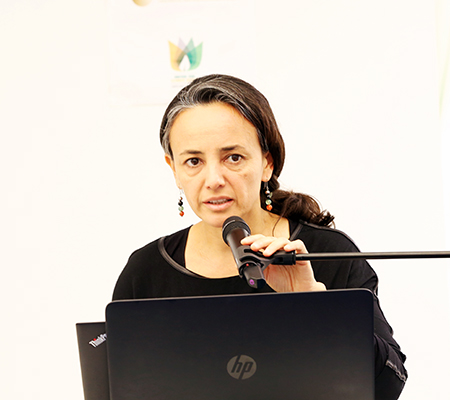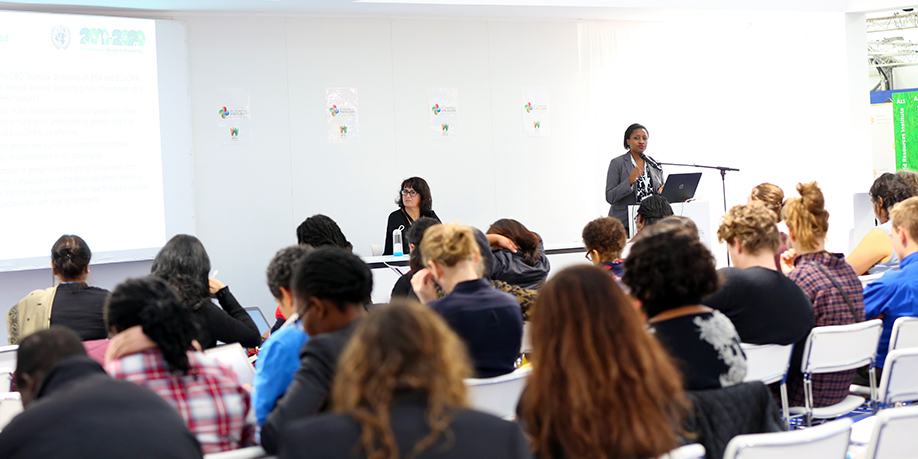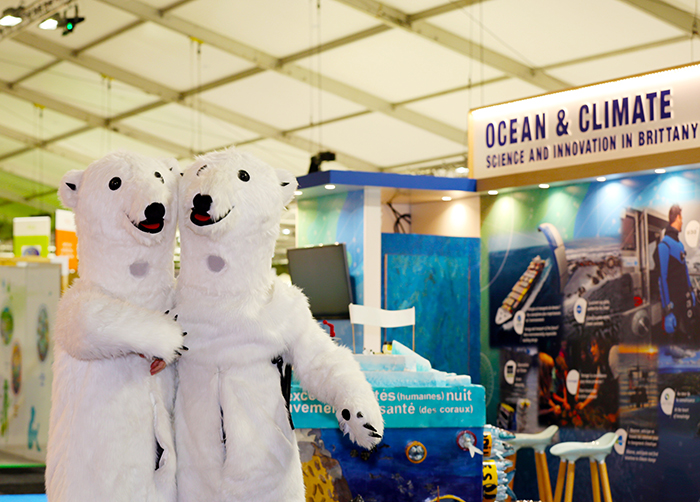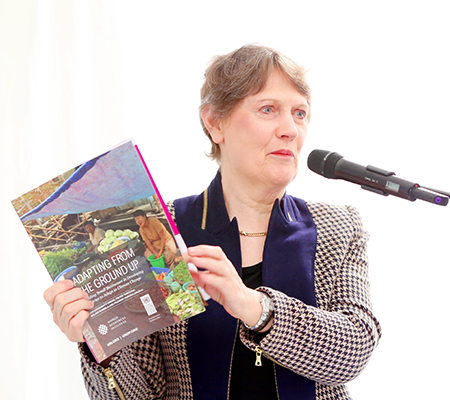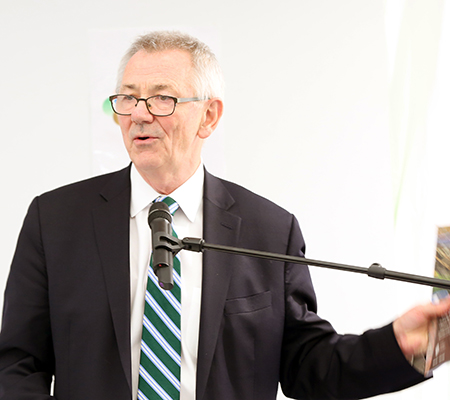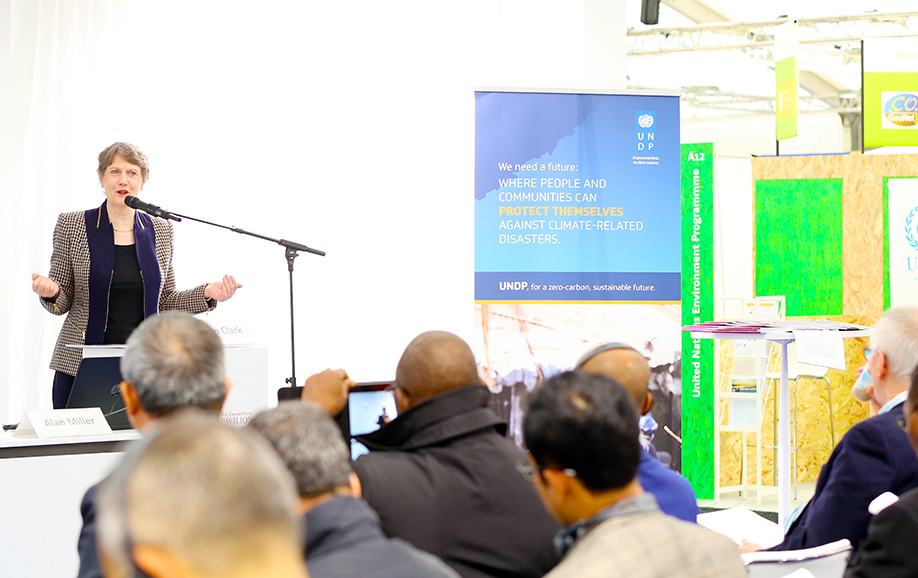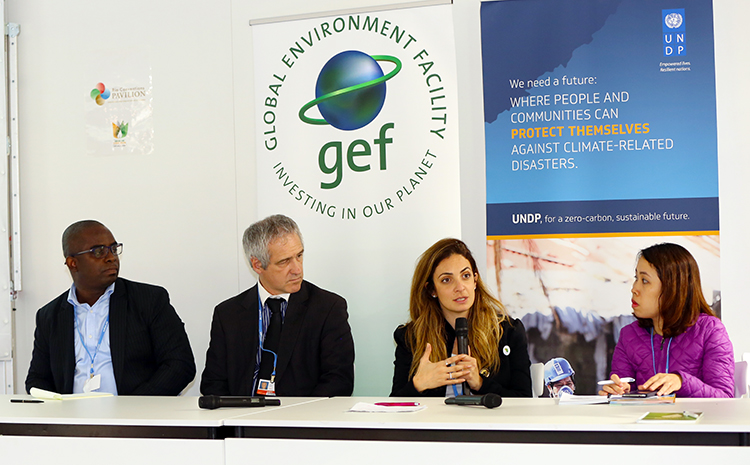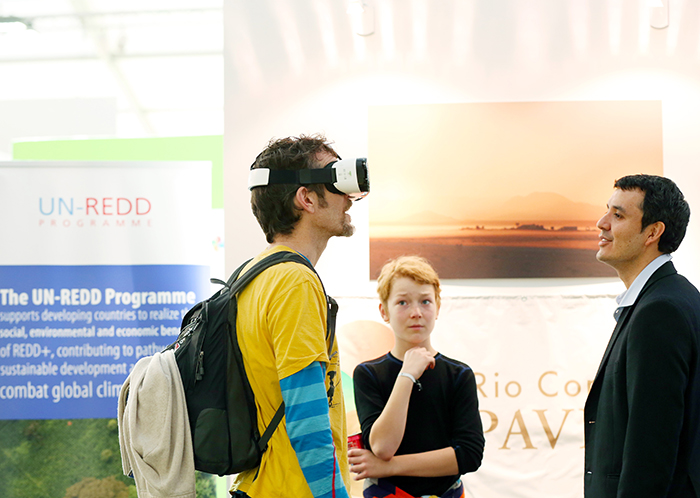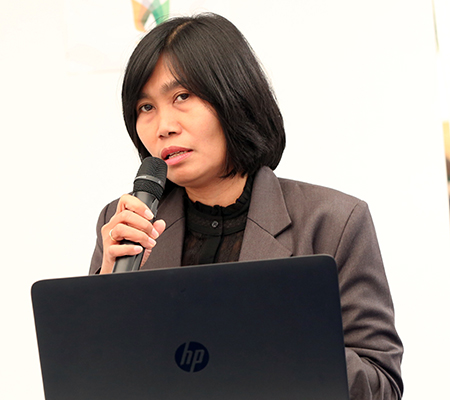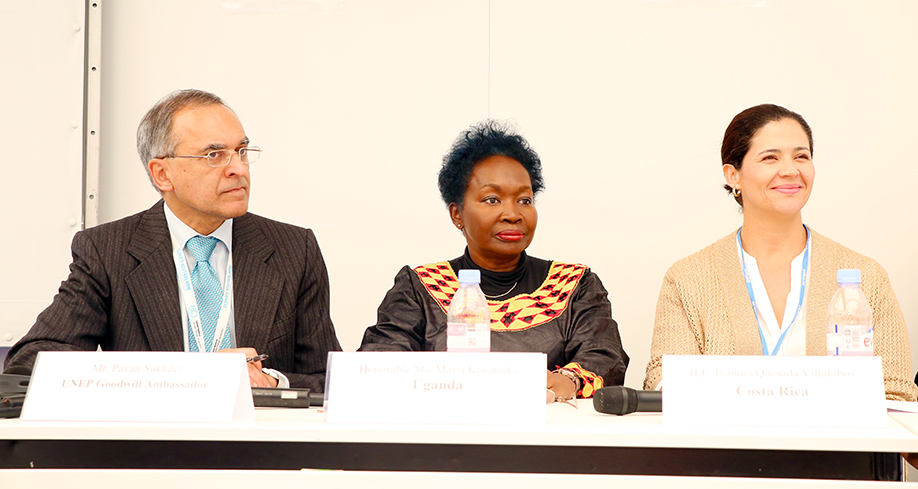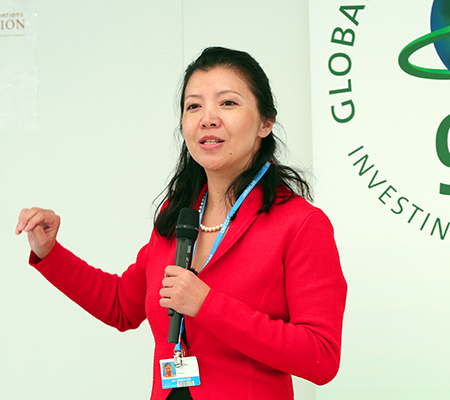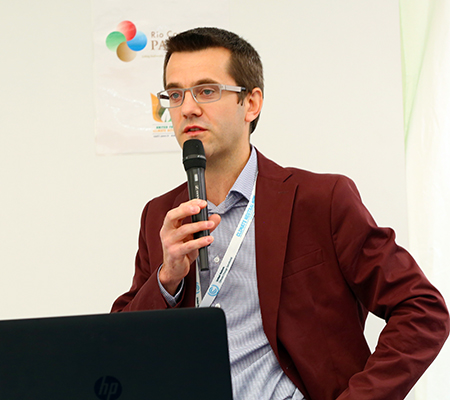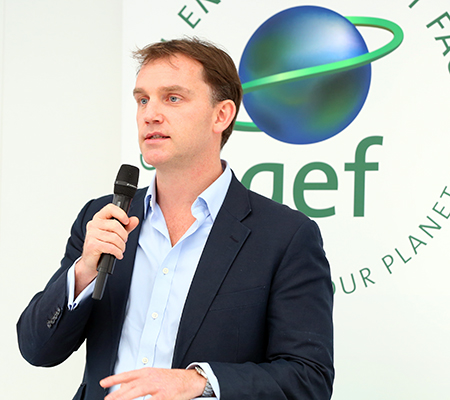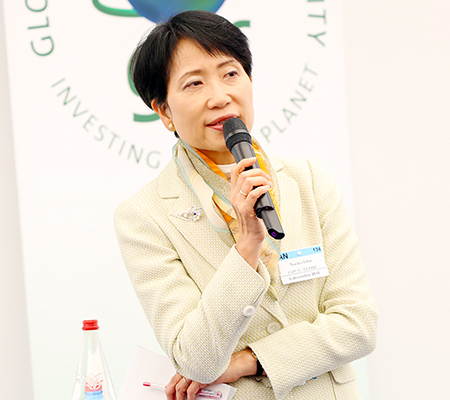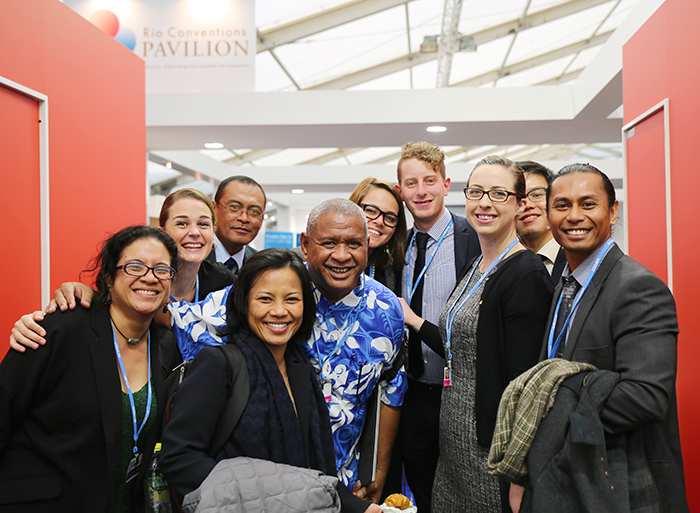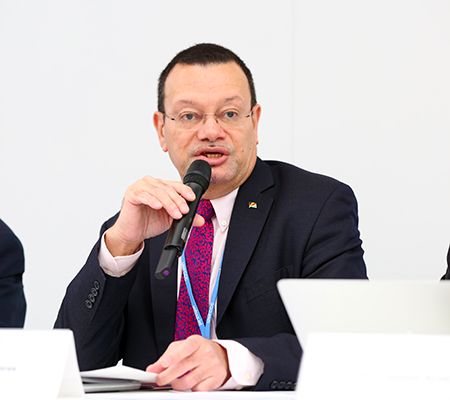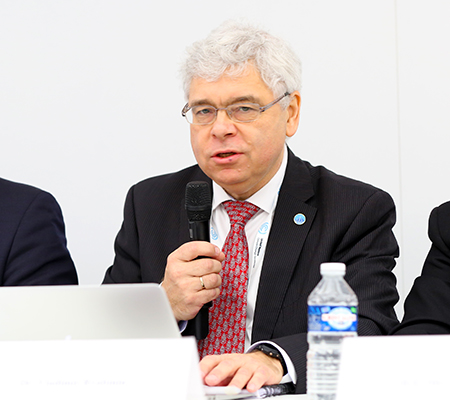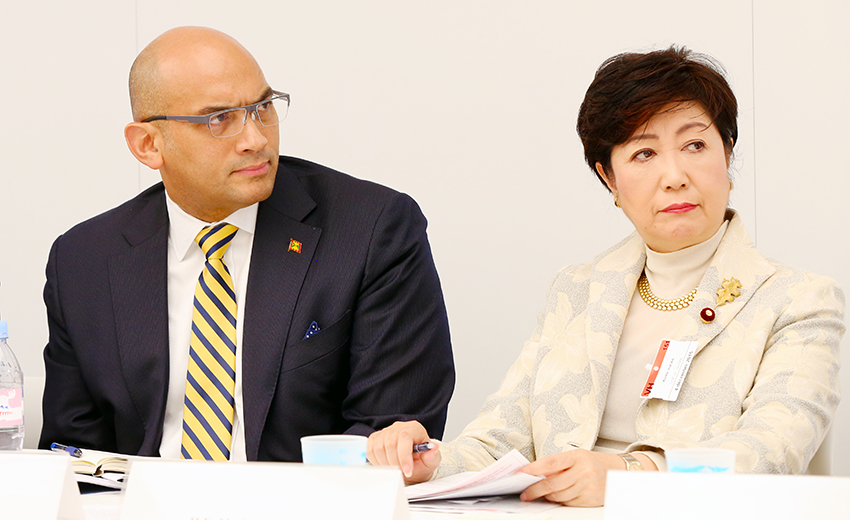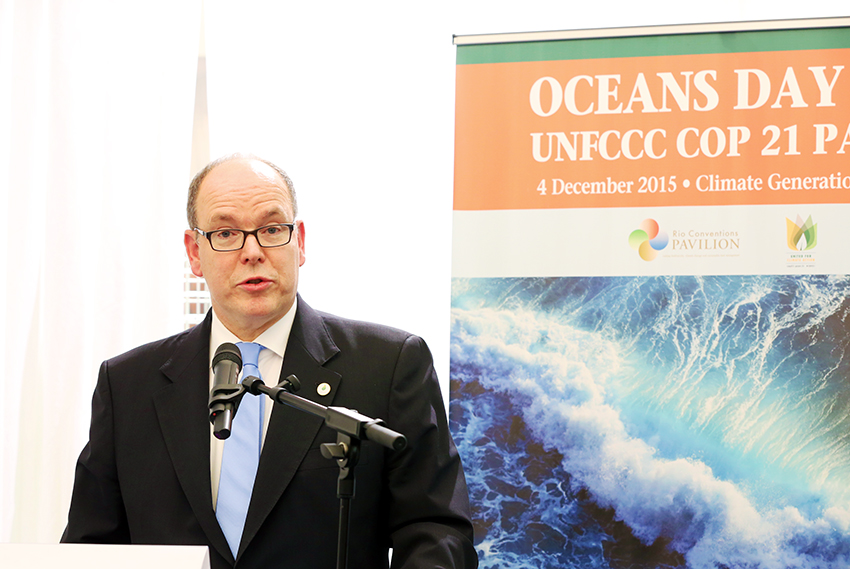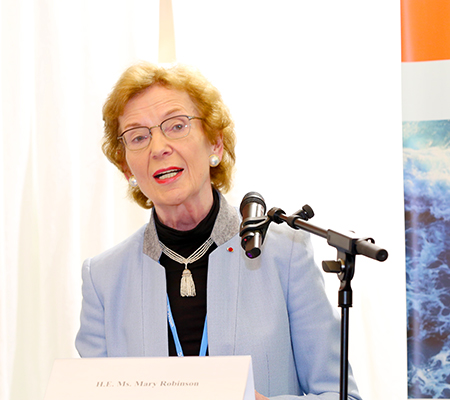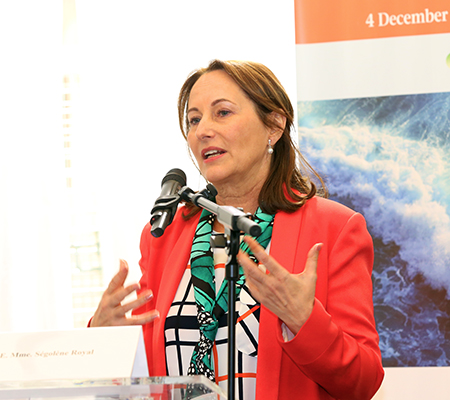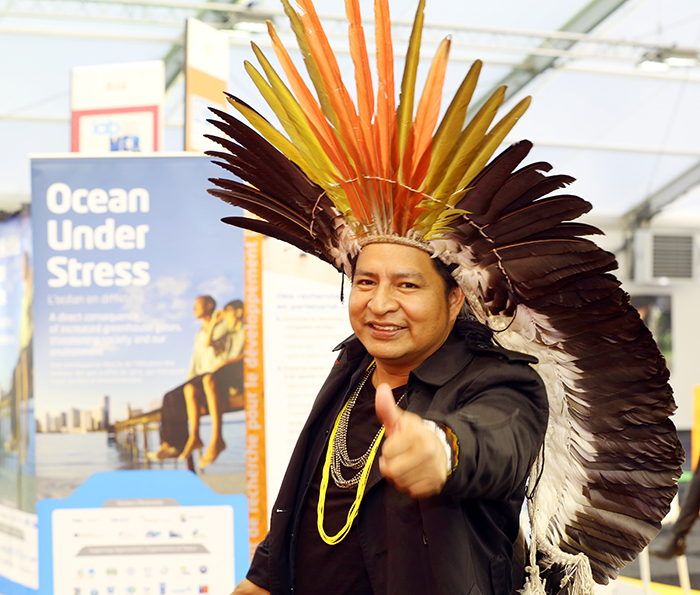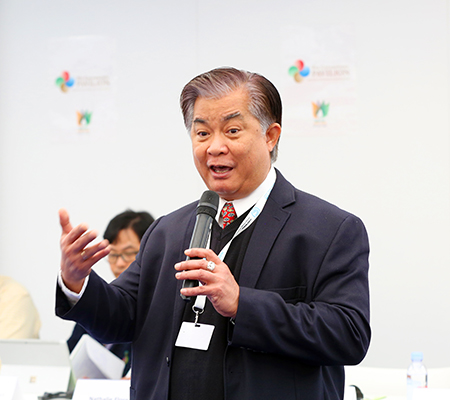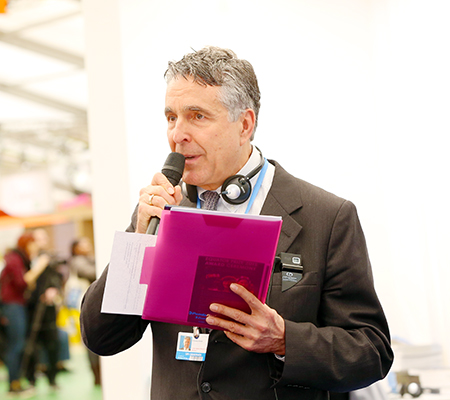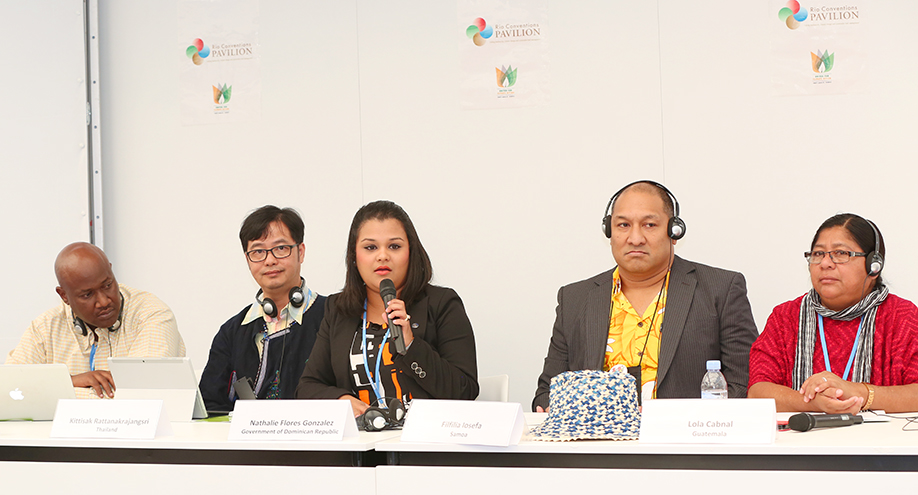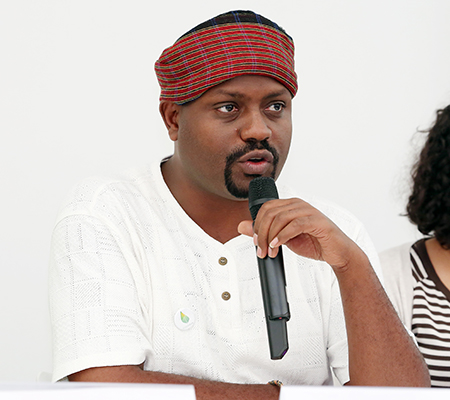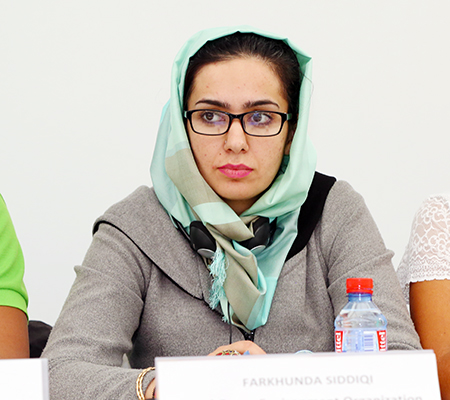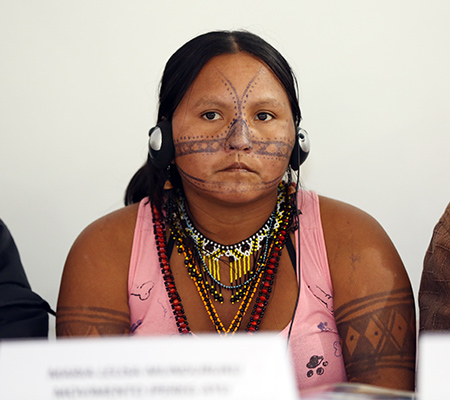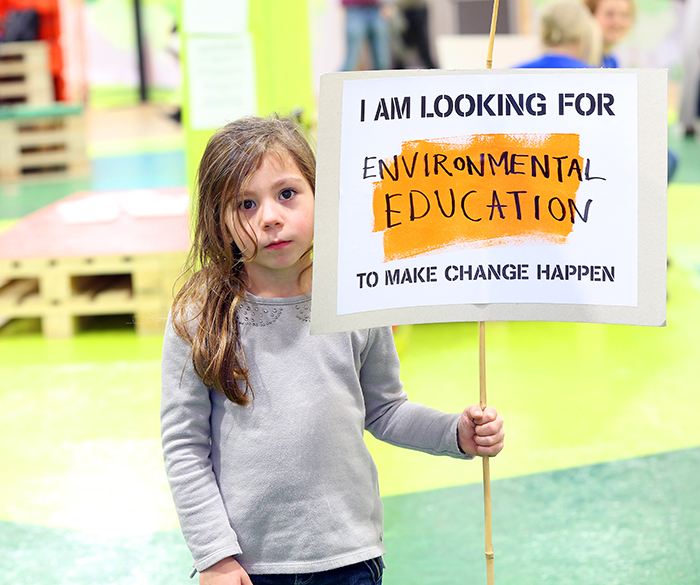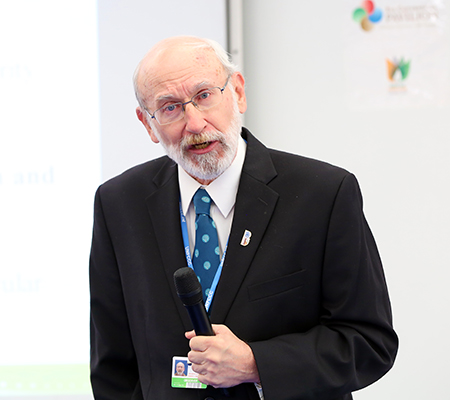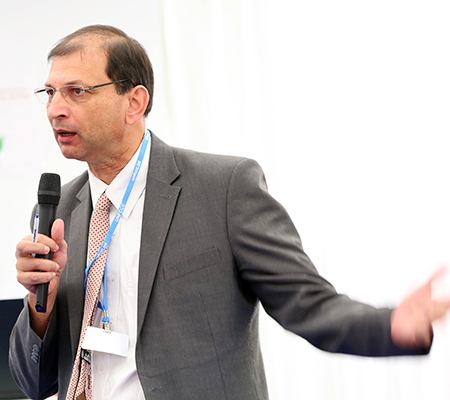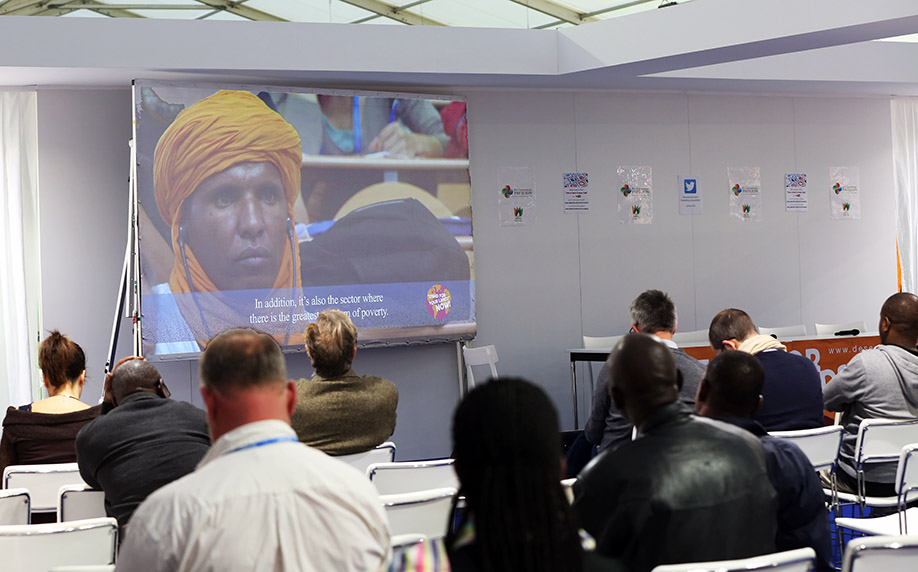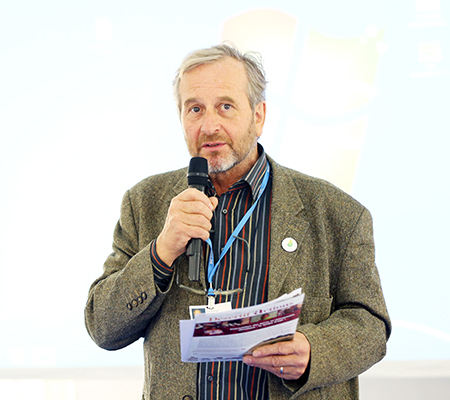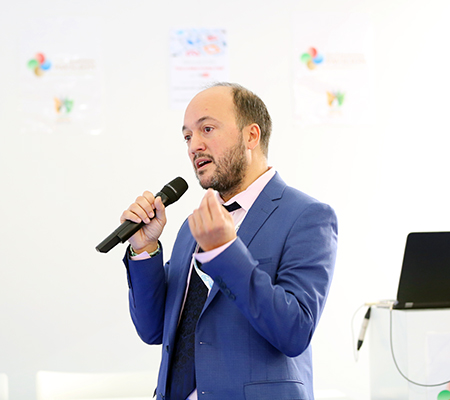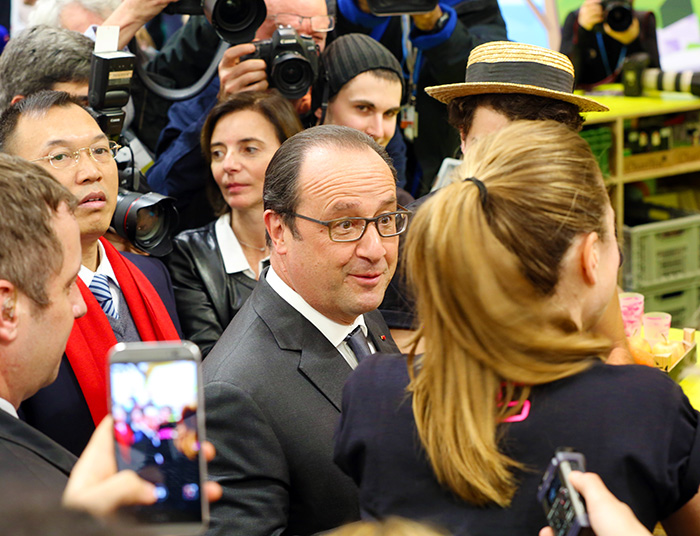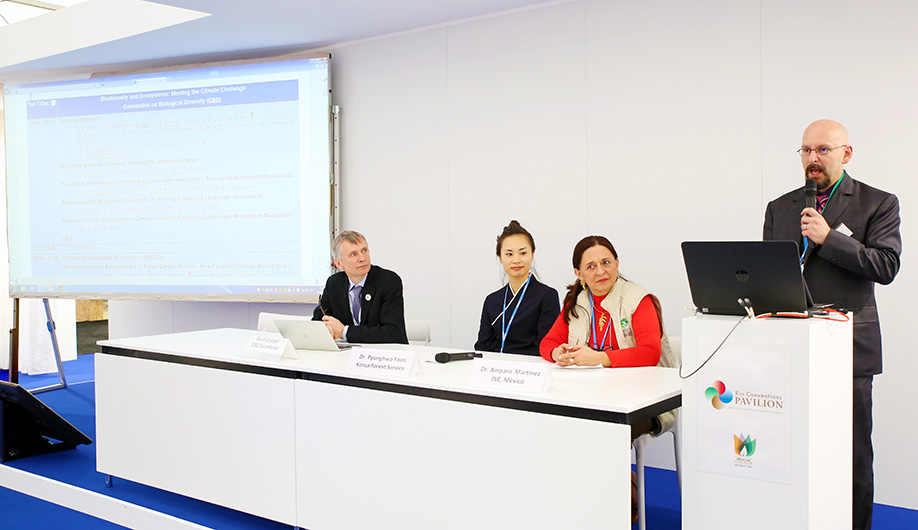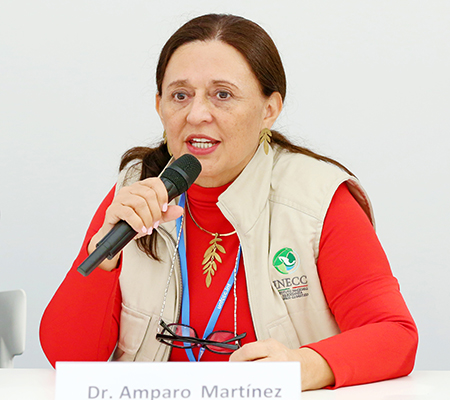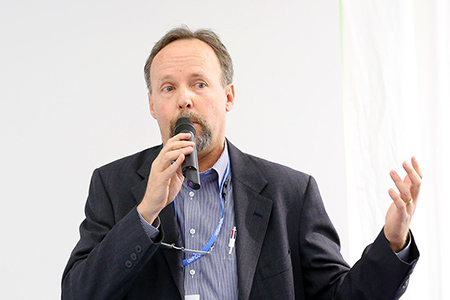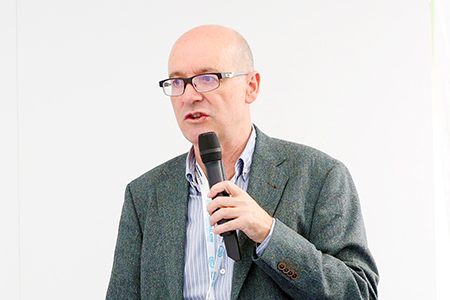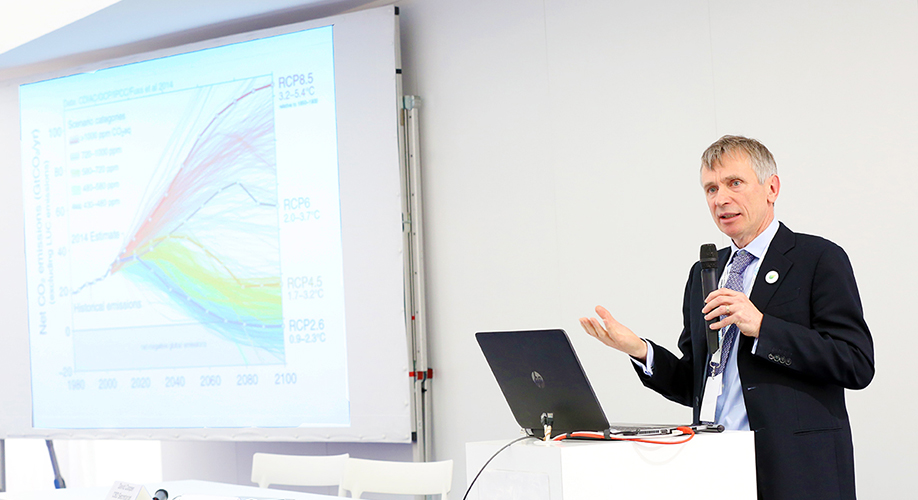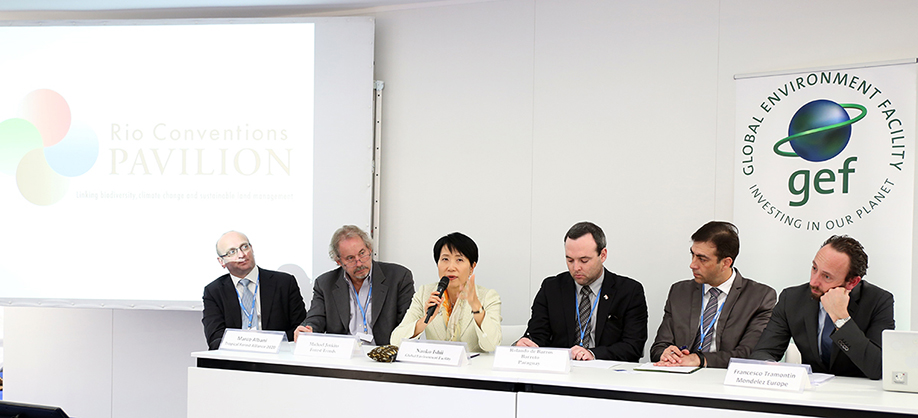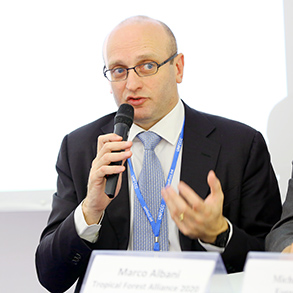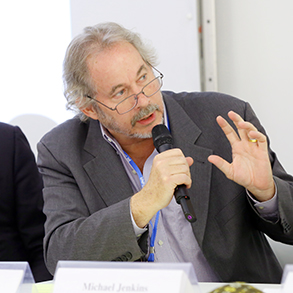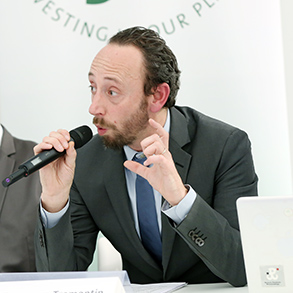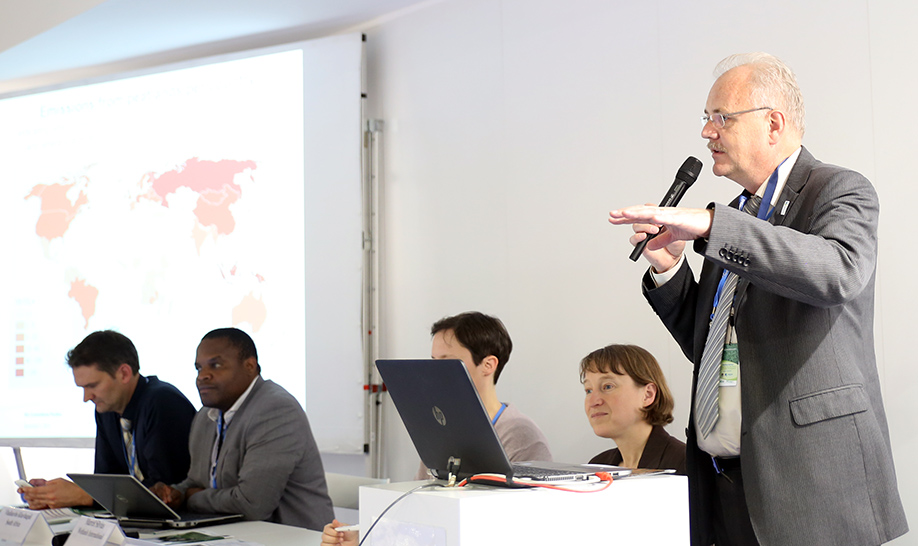Download ENB+ Meeting Reports |
|||||||||||||||||||||||||||
Receive our ENB+ bulletins and reports by email: |
|||||||||||||||||||||||||||

| Follow @IISDRS | ||

Loading... |
||
|
Receive emailed updates with the news articles above plus related information and announcements from our SDG community mailing list: |
||
 Indigenous youth from the US, performing their traditional music at the Generations Climate Area |
||
|
In the afternoon, three films were also screened. The first film, titled ‘Youth Climate Report,’ was produced and directed by students, and provided an overview of climate change challenges. The second film, ‘Moana Rua,’ depicted the urgency of addressing climate change for Pacific Islanders. The third film, ‘Ethiopia Rising’ showed the story of land restoration projects in the Tigray region of Ethiopia. The morning session included presentations from representatives of the Intergovernmental Panel on Climate Change (IPCC), and the CBD Secretariat. Both highlighted the opportunity to find solutions at the nexus of climate change and biodiversity. The presentations that followed provided modeling results, referring to different land-based mitigation scenarios, and looking at the tradeoffs and potential impacts of these scenarios on biodiversity and land-use change. The afternoon session included presentations and discussions with representatives of French agriculture and forest clubs, who described their involvement across a network of organizations, working in the forestry and land sectors. These two clubs came together to address climate change, by sharing knowledge and learning from each other. The presentations focused on initiatives in France and wider Europe, and discussed cases of dairy farming, agriculture, reforestation and offsetting. Examples were also provided to demonstrate existing approaches to address climate change mitigation within the agriculture and forestry sectors. |
||
|
IISD Reporting Services, through its ENB+ Meeting Coverage, has provided daily web coverage, daily reports and a summary report from the Rio Conventions Pavilion (RCP). Our summary report is available in HTML or PDF format. | ||
|
|
|
|
|
Wednesday, 9 December 2015 |
||
|
|
|
|
|
|
|
Tuesday, 8 December 2015 |
||
|
|
|
|
Monday, 7 December 2015 In these sessions, countries and experts shared progress made in pursuing safeguards, and identified opportunities and persistent challenges in these efforts. They also discussed the development and implementation of SIS, including technical considerations and lessons learned from case study countries conducting this process. In the afternoon, participants turned towards finance and policy issues, with three panel sessions on: the economic rationale of REDD+; where and how REDD+ can deliver the most benefits; and, innovations in private finance for REDD+. Noting the importance of considering the economic dimensions of REDD+, participants heard from a panel discussion addressing how these can be underlying drivers to deforestation, and how to understand the economic value of forest ecosystems in the national economy. On how REDD+ can deliver maximum benefits, participants considered ways to assess the potential benefits from REDD+, with examples of cost-benefit analyses (CBA) and mapping exercises being highlighted. The day’s final session assessed the trends and developments in the private finance sector over recent years, and addressed the different mechanisms for obtaining private finance. The session also looked at the roles blended finance, institutional investors, and private financiers are currently playing in the land use space. REDD+ Day was closed with a reception. |
||
|
|
|
|
Saturday, 5 December 2015 Three sessions were convened. The first was titled ‘Integrated approaches to food security, sustainable cities, and commodity supply chains: tackling major drivers of environmental degradation for mitigation and adaptation at scale.’ Following presentations providing an overview of the IAP, participants heard from three countries - Côte d’Ivoire, Indonesia, and Uganda - on their experiences with IAP projects thus far. The second session, on ‘Facilitating synergies for sustainable development: multilateral environmental agreements and the GEF,’ highlighted opportunities for promoting collaborative approaches to address the Rio Conventions, with many speakers underscoring that the SDGs are well-placed to be a support mechanism for this. The penultimate session was a ‘GEF special event: a dialogue between the GEF CEO and civil society organizations (CSOs),’ during which CSOs had the opportunity to pose questions and seek clarification, inter alia, on how to access support from the GEF, the GEF SGP, and how CSOs can enhance networking in the GEF-CSO Network to share best practices. The day closed with a book launch of, ‘Visions 2100: Stories from Your Future.’ Outlining the need for a positive, optimistic vision of the future to inspire serious environmental and climate change action, the author introduced four contributors who shared their visions for 2100. The launch was followed by a reception. |
||
|
|
|
|
|
|
Friday, 4 December 2015 Our summary report of Oceans Day at CPOP 21 is available in HTML or PDF format |
||
|
|
|
|
|
|
|
|
|
|
|
Thursday, 3 December 2015 In the evening, three of the 21 Equator Prize winners for 2015 briefly presented their experiences. This was followed by a reception. |
||
|
|
|
|
|
|
|
Wednesday, 2 December 2015 |
||
|
|
|
|
|
|
|
Tuesday, 1 December 2015 |
||
|
|
|
|
|
|
|
|
|
|
|
|
